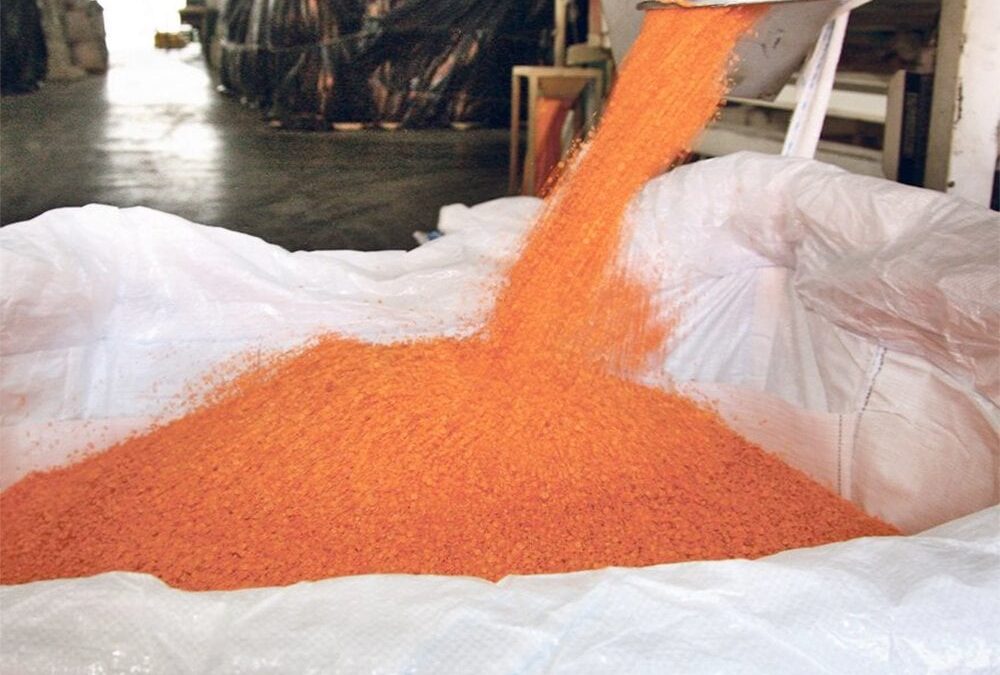By Sean Pratt
The red lentil market is looking bearish in 2023-24, according to an analyst.
Major exporters have big crops on the way and demand could be subsiding in two key markets, said Gaurav Jain, an analyst with AgPulse Analytica.
Turkey is expected to import 522,000 tonnes of the crop, down from a whopping 675,000 tonnes this year, according to a presentation Jain prepared for the Global Pulse Confederation’s Pulses 23 conference.
The anticipated decline is due to uncertainty surrounding one of the country’s main re-export destinations.
The Iraqi government has been tendering for pulses the past two years, shifting demand from private sector hands to government control.
That policy shift has led to a considerable increase in Iraq’s lentil demand from Turkey and the corresponding need for Turkey to import more red lentils from Canada and Australia.
Iraq bought 220,000 tonnes of lentils from Turkey in 2022, up from 60,000 to 70,000 tonnes per year the previous three years.
However, the policy expires in June, and it is not clear whether it will be renewed or for how long if it is renewed.
Jain is assuming it will not be renewed for another full year, which is why he is dropping Turkey’s import and export numbers.
Turkey’s 2023-24 total export program is pegged at 430,000 tonnes, down from 550,000 tonnes this year.
India is the other key red lentil import market. Farmers in that country just harvested a bin-busting 1.59 million tonnes of the crop, a 25 percent increase over last year.
Imports are expected to decline to 710,000 tonnes from 858,000 tonnes in 2022-23.
Demand from the world’s largest importer could have been a lot worse if it wasn’t for a dismal pigeon pea crop.
The price premium for pigeon peas over lentils has bulged to 50 rupees per kilogram, up from the more typical level of five rupees per kg.
“That is making people switch to lentils,” said Jain.
The other factor propping up India’s lentil demand is the country’s surprisingly robust export program to Bangladesh.
It is expected to ship 100,000 tonnes to that market in 2023-24, up from 21,000 tonnes a couple of years ago.
Australia and Canada are reluctant to ship product to Bangladesh because of payment issues, but India has a favourable trade agreement with its neighbour that provides Indian exporters with the confidence they will get paid.
The Indian government is taking steps to bolster lentil and pigeon pea production, recently bumping up the minimum support price for both crops.
The government has also removed the 40 percent ceiling on the quantity of pigeon peas and lentils it will buy from growers under the Price Support Scheme, according to a Stat Publishing article.
“The assured procurement of these pulses by the government at remunerative prices will help motivate the farmers to enhance sowing area in respect of (pigeon peas), urad and (lentils) in the upcoming kharif and rabi sowing seasons in order to enhance the production,” said the government.
The Australian government is forecasting 2023-24 lentil production at 905,000 tonnes, a 36 percent drop from this year’s 1.41 million tonnes.
Jain agrees with the forecast for the upcoming harvest but thinks the 2022-23 crop is closer to 1.25 million tonnes.
AgPulse estimates Australia’s 2023-24 exports will fall to 950,000 tonnes, a 21 percent decline.
Jain is forecasting 1.74 million tonnes of Canadian red lentil production in 2023-24 and 1.61 million tonnes of exports, a 9.5 percent increase over the current campaign.
Canada shipped out 1.15 million tonnes of red lentils through the first nine months of 2022-23. Turkey and India accounted for 69 percent of that volume.
Source: The Western Producer

